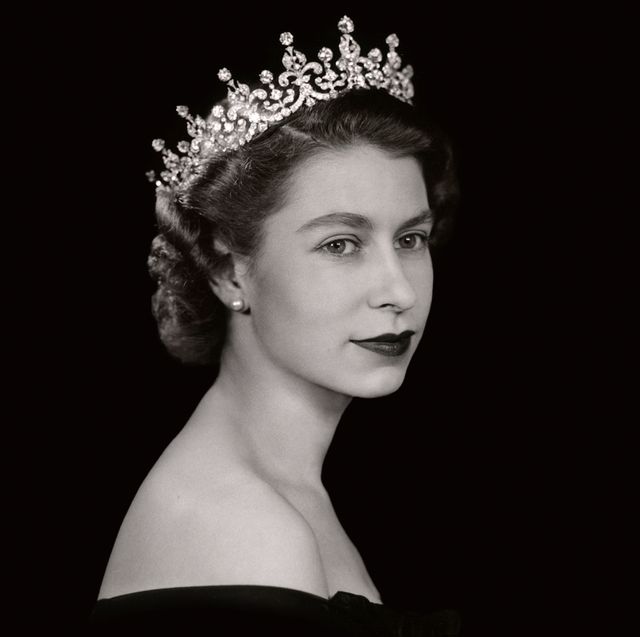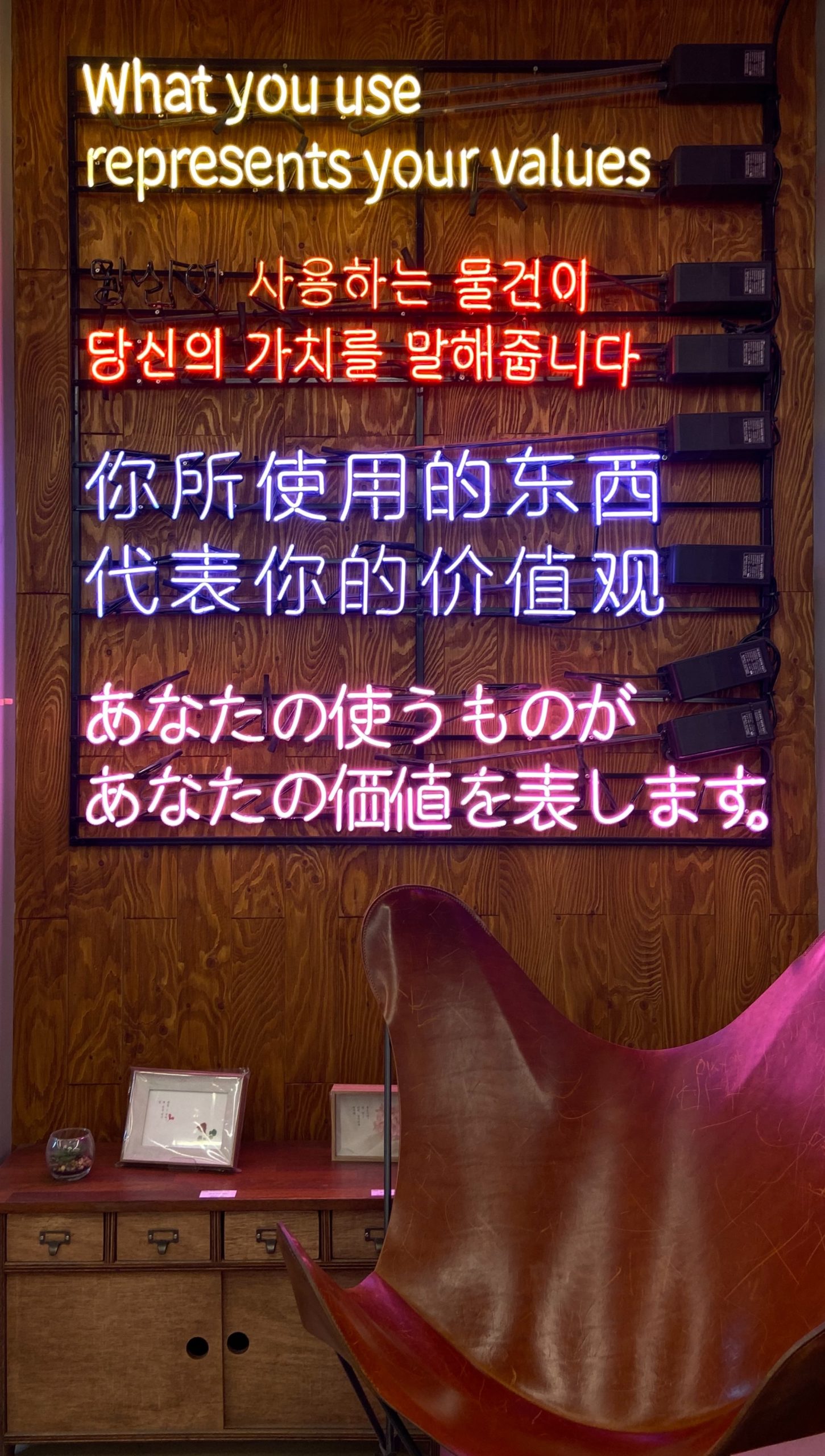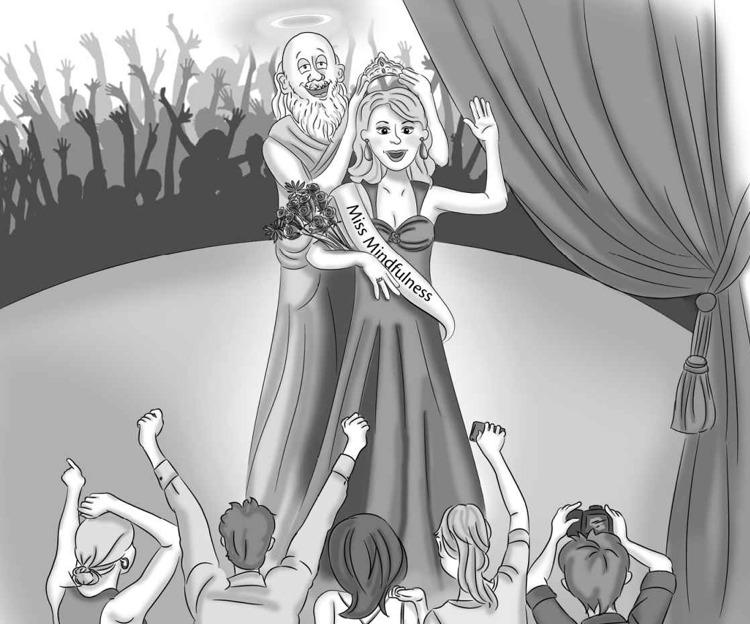
Leadership
What We Can Learn From Elizabeth
It was a hot summer day in London, the day of my naturalization. I trekked down to the registrar office in Wimbledon with a few friends, including the two that had sponsored me for citizenship. It didn’t take long for the formalities, considering I’d paid the extra fee for the private ceremony. I was the only one to be sworn in. “Do you swear allegiance to the Queen, all her heirs and all her successors?” the officiant asked. “I do.” And it was done. I was officially a dual citizen. Then the officiant pressed a button, and the music to “God Save the Queen” boomed through the office. My guests all stood up abruptly at attention as if on cue. We sang loudly and somewhat awkwardly to a large cardboard cutout of Queen Elizabeth that stood in the office. I have to admit I thought that was a bit weird. But over time I’ve noticed the amazing quality that Elizabeth had to inspire reverence, even in the most unlikely of subjects. Americans have often had a strange fascination with the British monarchy. We may view the concept as outdated and irrelevant, but then flock to the gossip that surrounds sagas like Charles and Diana, Harry and Megan and the antics of Prince Andrew. And yet, in the background, beyond the chaos and the drama, silently running for seventy years, was Queen Elizabeth. There are many now that will write about her life as a way of honoring her, I don’t profess to know much about her. But I am intimately acquainted with her legacy. And that’s the interesting thing about great leaders. They leave one. great leaders know who they are These are questions I often ask when I’m facilitating a leadership development course. Simple questions on the surface, but usually the most difficult to answer. We’re often so caught up in the minutiae of the day, we don’t take the time to reflect: Who am I? What kind of leader do I want to be? What are my values? What is my mission and purpose in life? How do I want others to experience me? What legacy will I leave? I think Queen Elizabeth knew the answer to these questions. And as a result, she showed up, year after year, with a stoic calmness, a beauty, a grace, a clear sense of duty, that was invaluable to her subjects in times of trouble. and more importantly, they know who they’re not A great leader brings people together in times of hardship, in times of stress, in times of confusion and conflict. They’re able to do this not because they have some sort of magic formula that will make everything all right. There is no such thing no matter how many leadership books you read or Ted Talks you watch that process to have the perfect pill. Great leaders can do it because they’re grounded in their own sense of self-worth. They know who they are and more importantly in the […]
September 11, 2022
|
3.8 min read

Authenticity, Leadership, Life Direction and Purpose, Mindfulness
Your values matter in life and leadership. Here’s why.
A discussion about values can often seem like an artificial conversation. It’s a nice to have, not a need to have, right? Something I do once at a training course because the facilitator forces me to do it, and then I shove the paper they’re written on in a desk drawer and forget about it and go on with the rest of my business. Values can help or hinder our growth and development What’s interesting to understand about values is they can help us or hinder us. And that might seem counterintuitive, because aren’t values a good thing? The answer is, it depends. Let’s say I value accuracy. If I place too much emphasis on accuracy, I might find myself overworking reports, overworking data, to an extent that’s unnecessary for the task at hand. Many of us trip ourselves up this way and forget the tried and tested 80/20 rule. One value that I tend to hear a lot from clients is trust. Trust is an interesting one because we often gravitate towards it if we’ve been hurt in the past. Maybe our parents got divorced and it eroded our trust in them. Maybe a spouse or partner cheated on us, and the result was devastating, we can never trust again. Maybe a business partner stole money from us, or a family member wronged us. The list goes on and on. Based on these life experiences we then conclude that trust is the most important thing in any relationship, and we cling onto it for dear life. We suspiciously look for signs that someone might be untrustworthy. We fear that our worst nightmare will come true, and then it does. We reinforce this idea by telling ourselves things like, “the only person I can trust is myself.” Fear based values versus conscious based values Don’t misunderstand me, it’s not wrong to value trust. But it’s worth thinking about the relationship you have with your values. Did I consciously choose to value trust because it’s important to me, or am I desperately clinging to this value out of fear? And if I’m clinging to a value out of fear, how might that be blinding me? How might I then be unconsciously creating the situation I fear? For years I clung to authenticity. It was my biggest personal value. And when I think about my personal history, that makes perfect sense. I grew up in a household where conformity was valued, and I often felt like I could never be myself or loved for who I am. I had to fight very hard for the right to just be myself. I even prided myself at one point of being the proverbial black sheep of the family. I was so concerned with losing my “authentic self” that it inadvertently blinded me to choices I might have liked but wouldn’t even consider because they seemed on the surface to be too conforming. A few years ago, I gave up authenticity as my most important […]
August 11, 2022
|
3.9 min read
values
Shelley Pernot, otherwise known as the Irreverent Guru of Mindfulness, muses on life, leadership and everything in between. Your one stop shop for career tips, leadership tips and daily inspiration!

It was a privilege to work with Shelley as my leadership coach! The process was structured and yet flexible enough to meet needs as they arose. Shelley helped me to grow, learn more about myself, and to really achieve what I set out to accomplish. We worked on planning, navigating a promotion successfully, and so much more! I experienced many successes as a result of working with Shelley, she has great resources, knowledge, and really helps with setting the foundation to this coaching work. She won’t let you down!
Stacy Campos
Regional Coordinator
Having the opportunity to have Shelley as my Leadership Coach could not have come at a better time in my career. I was recently promoted to CFO and was new to the Senior Management Team. Shelley helped me navigate joining the team as well as helped me to determine who I wanted to be as a leader. The Leadership Circle Profile helped our team to discover our blinds spots and to be able to understand each other better. Working with Shelley not only has affected my professional life in a positive way, but also my personal life. She helped me take leaps and has given me the resources to continue this journey of self-improvement. If you’re looking to find more about yourself and how you can be the best version of yourself, I highly recommend working with Shelley.
Kristen Spedale
CFO
I have been working with Shelley for the past 2 years on my leadership development journey. What I thought would be a straight line, I soon learned with Shelley’s guidance, was a winding path with several ups and downs along the way. Shelley supported me as I took a deep dive into my professional and personal history and learned how it affects my approach and my perceptions. She helped me to slow down and recognize certain behaviors and understand that I can pivot in the moment or try again next time. Ultimately, my work with Shelley turned out to be so much more than what I expected. Her approach to coaching was exactly what I needed.
Nicole Naassan
Senior Vice President, Consulting
I’ve learned more about leadership in the past six months working with Shelley than I have in my 10+ year career. She is an incredible coach with many tools in her toolbox. The guidance and mentorship I’ve received from Shelley has been life-changing. She will challenge your limiting beliefs and inspire new ways of thinking.
Margaret Soltis
Creative Director
I highly recommend Shelley if you need a coach, thought partner, and guide as you consider the next steps in your career. She provides practical tools and advice to help launch your career exploration, but most importantly, she is an expert at helping you cut through the noise of your limiting beliefs. At the end of our time together, I had a much clearer vision of what I wanted in my life and a plan to make it happen. My only regret is that I didn’t find her sooner!
Elizabeth Magnus
My career coaching sessions with Shelley have brought me back to living. It’s been contagious, spreading throughout my personal and professional life. I now have the building blocks I need to continue setting healthy boundaries, the freedom to show up as my authentic self, and an adaption of a growth mindset that has allowed me to make bold decisions and try new things. I’ve discovered that there’s always another way and how to eradicate barriers that lead to tunnel vision. These sessions with Shelley have been a great gift and have given me the momentum I need to continue the journey to be my best self.
Teasha Houston
Art Director
It is amazing to think where I was only 10 months ago when I first started working with Shelley and where I am now. Not only professionally but mentally and emotionally. Shelley helped me navigate out of an unhealthy work environment by challenging me and asking me those tough questions we never seem to ask ourselves. What are the values of a true leader? How do those values align with my own? Shelley challenging me and guiding me through some of those tough questions is what led to my epiphany and me having the courage and confidence to leave an environment that threatened my well-being. She taught me how to become more self-aware and self-compassionate. Reminded me to be kind even when the world would understand if I did otherwise. And the biggest one for me, shutting down that crazy inner voice (we all have it!) and replacing it with being present. Shelley has armed me with tools that I will carry with me for a lifetime. Tools that will help me to continue to grow and learn. Life can be hard but working with someone like Shelley does make it easier. She will help you navigate the good and the bad and you’ll learn so much about yourself in the process.
Michele Feria
Director of Marketing
First of all I would like to say that I would recommend Shelley to anyone needing career guidance. As my counselor Shelley helped me transition my career from bartending to Tech Sales which was a difficult and scary transition for me. From the start Shelley was fantastic. Initially I had no idea of which direction I wanted my career to go, I just knew I wanted it to go somewhere else. Shelley was so kind and patient as she helped me figure this out, and gave me a step by step guide on how to explore my options and make an educated decision. She also helped me assess my skill set which played a large part in directing my energy. I landed a great job within days of my final session with Shelley, and now I’m month 3 I am absolutely loving it and doing very well. It was the perfect job for me and Shelley was the one that got me there. Working with Shelley was one of the best decisions I have ever made, she literally changed my life and I am so much happier for it.
Russell Boxer
Account Executive
